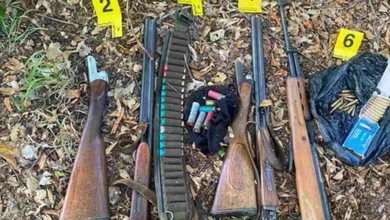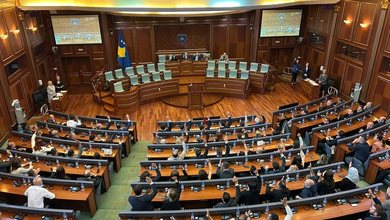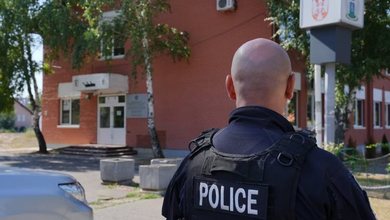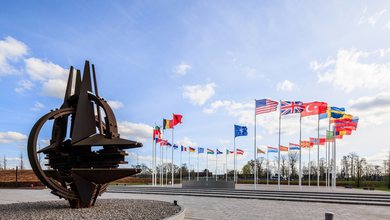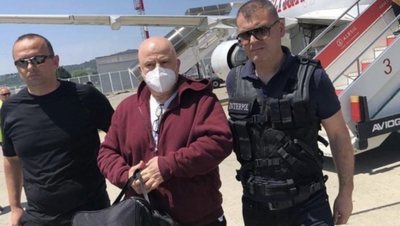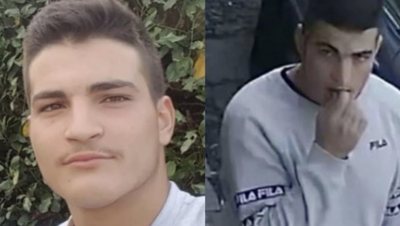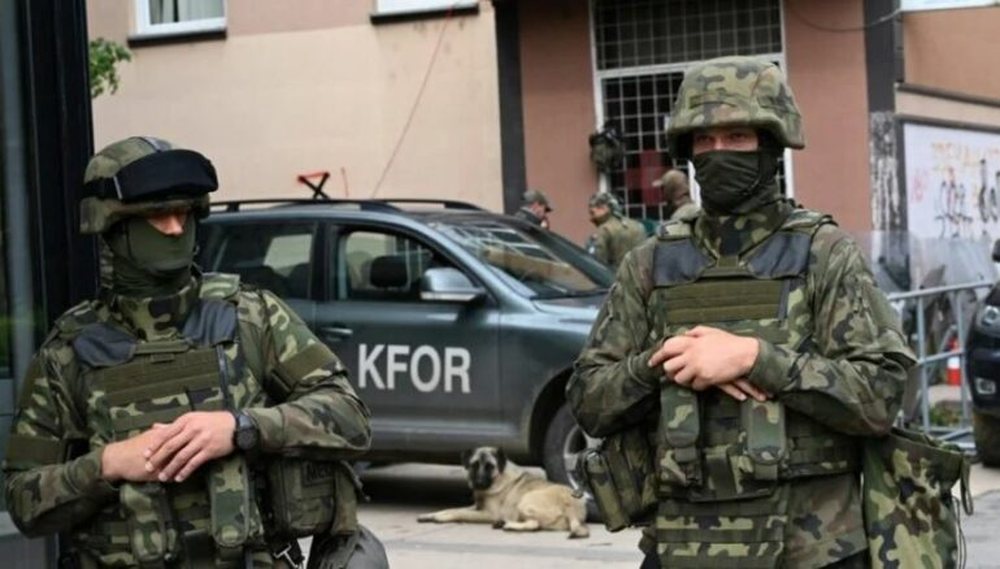
The case of the arrest of two people in Croatia on suspicion of espionage for Serbia, made public at the end of August, continues to be full of unknowns, as does the activity they are accused of having carried out in Kosovo.
A Croatian pilot, identified as JI, who was said to have served in the North Atlantic Treaty Organization (NATO) peacekeeping mission in Kosovo – KFOR, is suspected of having revealed sensitive information to his girlfriend, AM, a Serb from North Mitrovica, which she then allegedly passed on to the main Serb party in Kosovo. (The Serbian List, which enjoys the support of official Belgrade, has denied knowing the suspect for espionage).
Croatian media outlet Slobodna Dalmacija reported that investigators, based on a court order, have searched their mobile devices and communications, where they found compromising messages that have led them to suspect international espionage.
Both have been remanded in custody, but the entire investigation remains secret, in order, as the Croatian authorities have argued, not to harm the process.
In Kosovo, the case raised an important question: was the country's national security at risk?
The Kosovo Ministry of Internal Affairs has not responded to Radio Free Europe's questions regarding the possible impact of this case on internal security.
For Jeta Loshaj, a researcher at the Kosovo Center for Security Studies (KCSS), this suspected case, which she considers serious, has not posed a direct threat to security, as she argues that there is no information that "critical information on Kosovo or the Kosovo Security Force has been compromised."
"But, more broadly, Kosovo's national security has been compromised by the fact that Serbian services, in cooperation with Russian ones, are continuing to attempt to penetrate sensitive structures and test the resistance of security systems," she tells Radio Free Europe.
Meanwhile, security expert Burim Ramadani estimates that cases of espionage by hostile states are complicated and can endanger national security.
The latest case "is evidence that Kosovo is constantly facing harsh, aggressive warfare, through hostile Serbian, Russian and other intelligence," he tells Radio Free Europe, noting that espionage cases can take years to resolve.
"Open espionage war with NATO"
Ramadani and Loshaj see this suspected case as a broader attempt by Serbia to penetrate Kosovo's security systems, which also shows Belgrade's, according to them, hostile approach towards NATO, of which Serbia is not a member, but is part of its Partnership for Peace Program.
"In terms of regional and international security, this is one of the cases that proves that the hostile state, Serbia, is not only uncooperative and has hostile ambitions towards other states, but also attempts to use assets or instruments of NATO states in a hostile manner, and this is an open espionage war that Serbia is waging with NATO, not only with Kosovo," says Ramadani.
One concern that Loshaj raises is that information that may have been collected, both about Kosovo's cooperation with NATO, and about the alliance's troops themselves, may have also been transferred to Russia - "which suggests that this situation could also be linked to the geopolitical rivalries that we see now," she says.
According to her, this should be an alarm that security systems are not limited to the bilateral level, but have broader dimensions.
"It is part of a broader effort by Serbia to test NATO's resilience and identify weaknesses in the Euro-Atlantic security architecture," she says.
The two security experts see the arrest of the suspects as a success, while Ramadani says that, beyond the individuals, the value of the Croatian operation remains in the "destruction of hostile operations."
However, Loshaj says that this suspected espionage case highlighted security gaps, "such as the weakness of deeper coordination between NATO, Croatia and Kosovo, to address Serbia's operations."
What did the authorities say?
Croatian authorities, who uncovered the case, have provided few details about it. Defense Minister Ivan Anusic said on September 2 that the reputation of the Croatian military has been damaged, but not national security.
"He [the arrested pilot] did not have the level of security clearance that would have allowed him to have all the information he needed, which could have jeopardized the security and capability of the Croatian Armed Forces," he stated.
Kosovo has expressed its willingness to cooperate with Croatia, while the Special Prosecution Office has written to the Zagreb authorities to provide evidence for the Kosovo citizen, AM. The Ministry of Interior did not respond to REL's question about whether Croatia has requested cooperation.
Ramadani says that Kosovo should request AM's extradition to Kosovo, so that she can face justice, in the country where she is suspected of having carried out espionage activities.
Meanwhile, after the case was discovered by Croatian media, Kosovo Police raided her home in North Mitrovica, and found "spray, several cartridges and bullets."
AM reportedly worked in the European Union Rule of Law Mission in Kosovo (EULEX) in the past.
Croatian media have reported, citing sources, that for three years she had collected and transferred, through encrypted platforms, data to the Serbian List on the movement of KFOR members and Serbs in the north.
NATO told Radio Free Europe that it "takes these allegations seriously," adding that it prioritizes the security of its personnel and mission in Kosovo and the "integrity of classified information."
In KFOR, out of nearly 4,800 members, 152 of them are from Croatia./ REL



